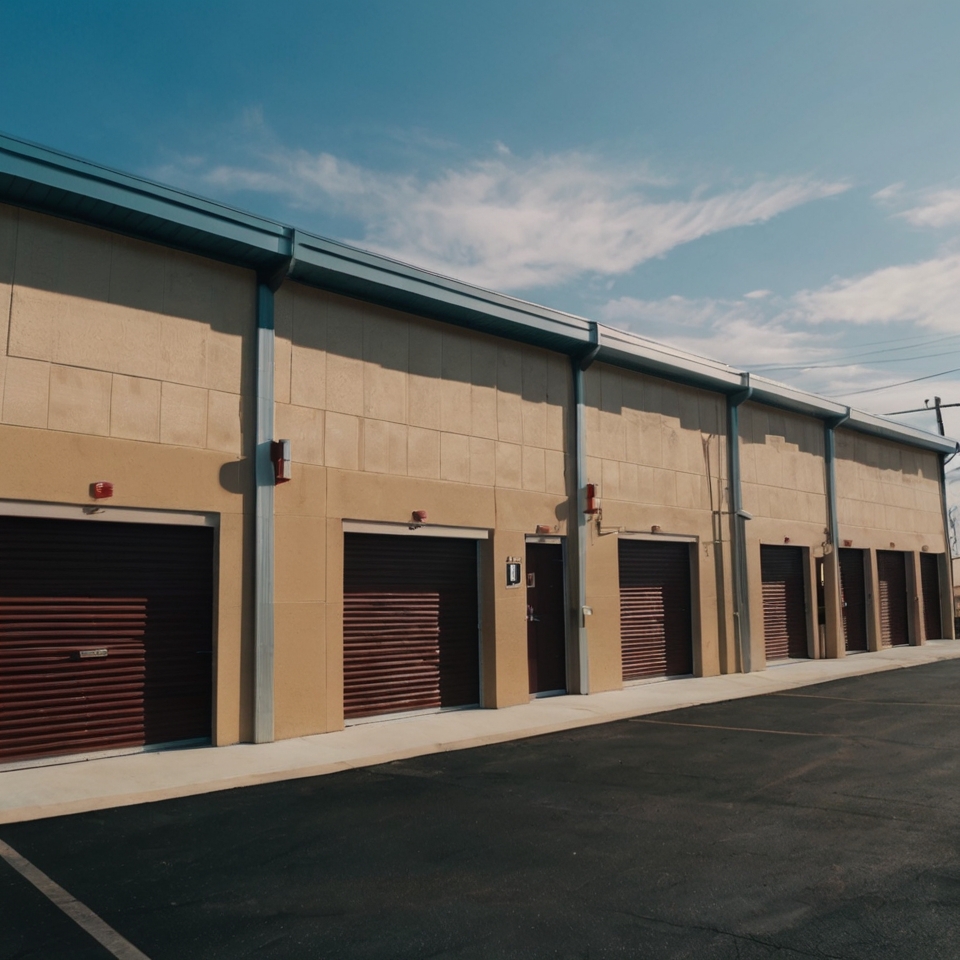The self storage market is expected to see remarkable growth by 2031, thanks to evolving consumer lifestyles, technology-driven innovations, and a rising preference for flexible storage solutions. This upward trend is largely a response to the need for space optimization in both personal and professional spheres, making self storage an essential service in modern urban life.
Urbanization and Space Constraints Fuel Demand
With cities growing denser, living spaces are becoming more compact, creating a natural demand for storage solutions. People are increasingly turning to self storage units to store items they don’t use daily, such as furniture, recreational equipment, and seasonal clothing. This trend is further supported by the surge in remote work and e-commerce, as both individuals and businesses look to maximize their living and working environments without being overwhelmed by excess items.
Self storage solutions offer flexibility for people to store belongings without the need for long-term commitments. This flexibility makes it easier to declutter, downsize, or even relocate without the hassle of traditional storage options. By 2031, as city dwellers and businesses increasingly seek more space, the market for self storage units is set to expand.
Enhanced Security and Digital Convenience
Modern storage facilities are incorporating digital technology to offer a seamless and secure user experience. Mobile apps now allow customers to book and access their units online, receive alerts, and monitor activity remotely. Facilities are equipped with state-of-the-art security systems, including surveillance cameras, keypad or card-based access control, and motion detectors. These systems are crucial for gaining customer trust and enhancing the appeal of self storage units.
Additionally, many facilities now offer climate-controlled options for sensitive items such as documents, electronics, or antiques. These controlled environments allow customers to store valuable or delicate items without worrying about potential damage from temperature or humidity changes. By 2031, this high-tech approach to storage is likely to become a staple feature of self storage facilities.
Sustainability in Self Storage Facilities
As sustainability continues to shape industries worldwide, self storage facilities are increasingly implementing eco-friendly practices. Facilities are adopting energy-efficient lighting, solar panels, and other green technologies to minimize their carbon footprint. By 2031, eco-conscious consumers are expected to favor storage facilities that offer sustainable and environmentally responsible practices. Repurposing buildings for storage purposes instead of constructing new ones is another way the industry is contributing to environmental conservation.
Expanding Storage Options and Mobility
The self storage industry is also expanding its offerings to meet diverse needs, such as portable storage units that can be delivered directly to the customer’s location. These units are ideal for people who require temporary storage during home renovations or relocations. Vehicle storage, for recreational and business purposes, is another area poised for growth, especially in cities with limited parking spaces. These varied options make self storage accessible and versatile, aligning with the changing lifestyles of consumers.
Conclusion
In response to urbanization, technological advancements, and shifting consumer expectations, the self storage market is anticipated to experience steady growth by 2031. As the industry innovates to offer digital convenience, security, and sustainability, self storage will likely continue to be an essential service, meeting the growing need for flexible, reliable, and user-friendly storage solutions.
